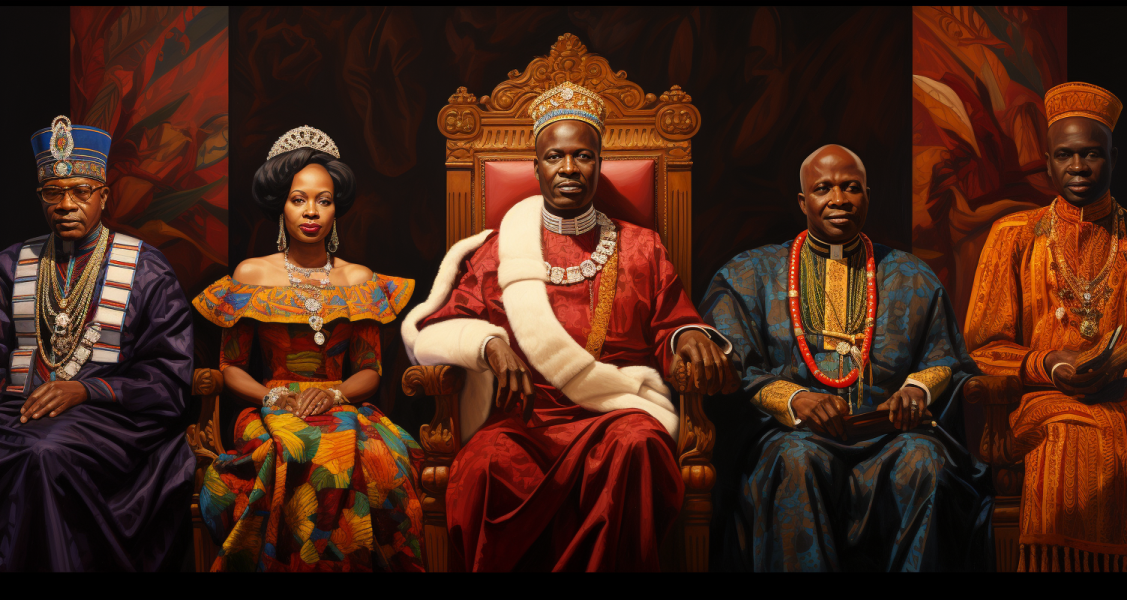Political dynasties, families that maintain political power across generations, have been a recurring feature in democracies worldwide. From the Kennedys in the United States to the Gandhis in India, these families have left indelible marks on their nations’ political landscapes. But what role do they play in democracies, and what impact do they have? This article delves deep into the world of political dynasties and their influence on democratic processes.
Understanding Political Dynasties
A political dynasty emerges when members of a single family occupy significant political positions across generations. This could be through elected offices, influential appointments, or other means of wielding political power.
The Rise of Dynasties: Factors at Play
- Name Recognition: A familiar surname can be a powerful brand in politics, offering instant recognition and trust.
- Networks of Influence: Established political families often have deep-rooted connections, aiding in fundraising and garnering support.
- Legacy and Continuity: Voters might believe in the continuation of a particular political vision or legacy.
The Impact on Democracy
Pros:
- Stability: Dynastic politics can offer continuity and predictability in governance.
- Experienced Leadership: Growing up in a political environment can equip members of dynasties with unique insights and skills.
Cons:
- Barrier to Entry: The dominance of a few families can deter new and potentially more qualified individuals from entering politics.
- Potential for Nepotism: The entrenchment of family interests might take precedence over national or public interests.
- Stagnation of Ideas: Over-reliance on legacy can hinder innovation in policy-making.
Notable Political Dynasties Worldwide
- USA: The Kennedys, Bushes, and Clintons.
- India: The Nehru-Gandhi family.
- Philippines: The Marcos family.
- Pakistan: The Bhutto family.
Dynasties vs. Democracy: Can They Coexist?
While dynasties might seem antithetical to the idea of democracy, they are a product of democratic choices. Voters often play a pivotal role in endorsing and perpetuating these families in power. The key lies in ensuring that democratic institutions remain robust and that political offices are not seen as familial heirlooms but as positions of public service.
The Future of Political Dynasties
With the rise of digital media and a more informed electorate, political dynasties face increased scrutiny. While they are unlikely to disappear entirely, the traditional advantages they enjoyed might diminish in the face of demands for greater transparency and meritocracy.
Political dynasties, with their blend of legacy and influence, are a fascinating aspect of democratic systems. Their existence poses essential questions about the nature of democracy, representation, and the role of individual choice. As democracies evolve, so too will the dynamics of these powerful families and their place within the broader political tapestry.







